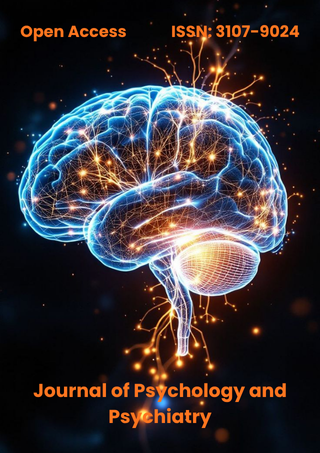Spirituality and Healing
Spirituality, often defined as a sense of connection to something greater than oneself, plays a significant role in the healing process and overall well-being. Across cultures and belief systems, spiritual practices such as prayer, meditation, mindfulness, and rituals have been associated with reduced stress, enhanced emotional resilience, and improved coping during illness and adversity. In healthcare settings, integrating spiritual care can support patients in finding meaning, peace, and hope, particularly in chronic illness, palliative care, and mental health recovery. While spirituality is deeply personal and varies across individuals, research increasingly acknowledges its therapeutic value in fostering holistic healing addressing not just physical symptoms, but also emotional and existential dimensions of health. Respecting and incorporating patients’ spiritual needs within clinical and psychological care contributes to more compassionate, person-centered healing environments.
Article Processing Timeline
| 2-5 Days | Initial Quality & Plagiarism Check |
| 15 Days |
Peer Review Feedback |
| 85% | Acceptance Rate (after peer review) |
| 30-45 Days | Total article processing time |
Indexed In
ResearchBib
Sindexs
OAJI
DOAJ
CrossRef
PubMed
MEDLINE
EBSCO A-Z / Host
OCLC - WorldCat
Journal Flyer


